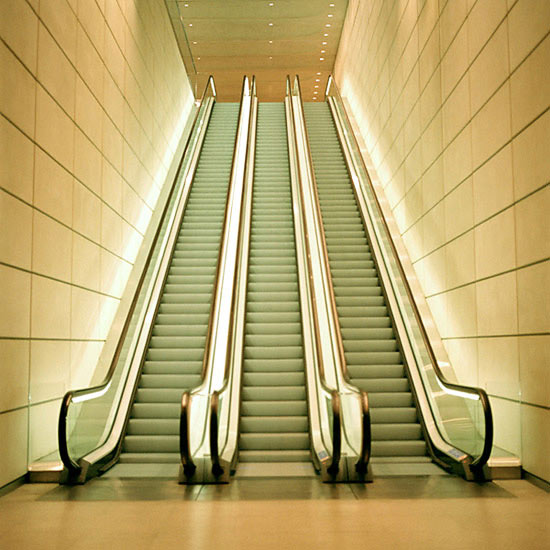I know complaining about advertising is dull, and
unoriginal, but I feel I’ve reached a threshold, a limit, a breaking point,
with it all. It’s all the fault of Waterloo Station.
Every day I wind my way in to the station and on arrival
head down into the underground walkway that links the train platforms to the
underground’s maze, and along this concourse I am visually assaulted by an almighty
slew of adverts that line the passageway for its entirety.
I’ve walked down this section probably 250, 300 times in the
last two years or so and, suddenly, I’ve become absolutely sick of it. I
actively try to stare directly ahead, or keep my eyes cast down, so as to avoid
the gaudy, idiotic text and images bearing down on me. I feel a personal sense of
desire not to succumb to the incessant dross, as we all march our
way to work, no doubt many of us all caught up in the creation, display and
measurement of advertising.
It’s not just the adverts existence on its own that
frustrates me, as adverts are everywhere, but what’s being advertised too: it
all reeks of the lowest common denominator, of treating us with contempt.
There are always several books being touted with tag lines
like, “A dead child, a missing mother, a killer’s revenge – read the stunning
new thriller from Steve Smith”, often proclaiming this chap “The new Stieg
Larsson”. And it makes me think, why on
earth would anyone want to read that, it sounds horrendous, I’d rather read
nothing.
Then there’s always a bunch of adverts for the DVDs of Jimmy
Carr and Russell Howard and Lee Evans and all that and again, almost for no
reason, I just want to tear them down: can we not go five minutes
without endless plugs for more merchandise from tired old comedians who
spend every spare moment on panel shows rehashing mean or lame gags? Does it
have to be everywhere?
Then there are cookery books, the worst of which is The
Hairy Bikers Pie recipe book from Christmas, with the unbelievably pathetic
line of “A pie is not just for Christmas but for life”, which every time I mistakenly
see I think; Who came up with that, who approved that, who got paid for that,
what does it even mean?”
But this is the odd thing, when I have negotiated this
Versailles of adverts, and reached the underground, where the adverts continue
to come thick and fast, I just don’t feel so frustrated. I still role my eyes
at the lame puns, the clear attempt at trying to make you believe you need something
in your life that you don’t, but I just don’t feel the same animosity, the
personal affront that the Waterloo adverts draw out of me.
Can they not just give us fifty metres of architecture, of
nothing, of walls? When are we going to stop and decide we don’t have to
plaster every empty space with posters for crap? We can just let a wall be a
wall?
Complaining about adverts is, as I have said, a pointless
thing to do, like trying to catch the wind in a sieve, but there we go.


















